Our fellows program helps ensure that new connections and perspectives deepen and expand our community’s understanding of the challenges and opportunities society faces in a data-centric world. (Please meet our current and past fellows classes here.)
Data & Society fellows have pursued academic research, written code, created art, brought together communities of activists and practice, run workshops and hosted convenings, worked closely with Data & Society’s in-house research team across research initiatives and each other, and much more.
Fellows are researchers concerned with the implications of data-centric technology’s role in reconfiguring society. We are engaged, individually and together, in interrogating and articulating those implications and developing frames that can help society address emergent tensions. As we build the 2021-2022 class, we’re continuing to embrace breadth and diversity in our selection process.


